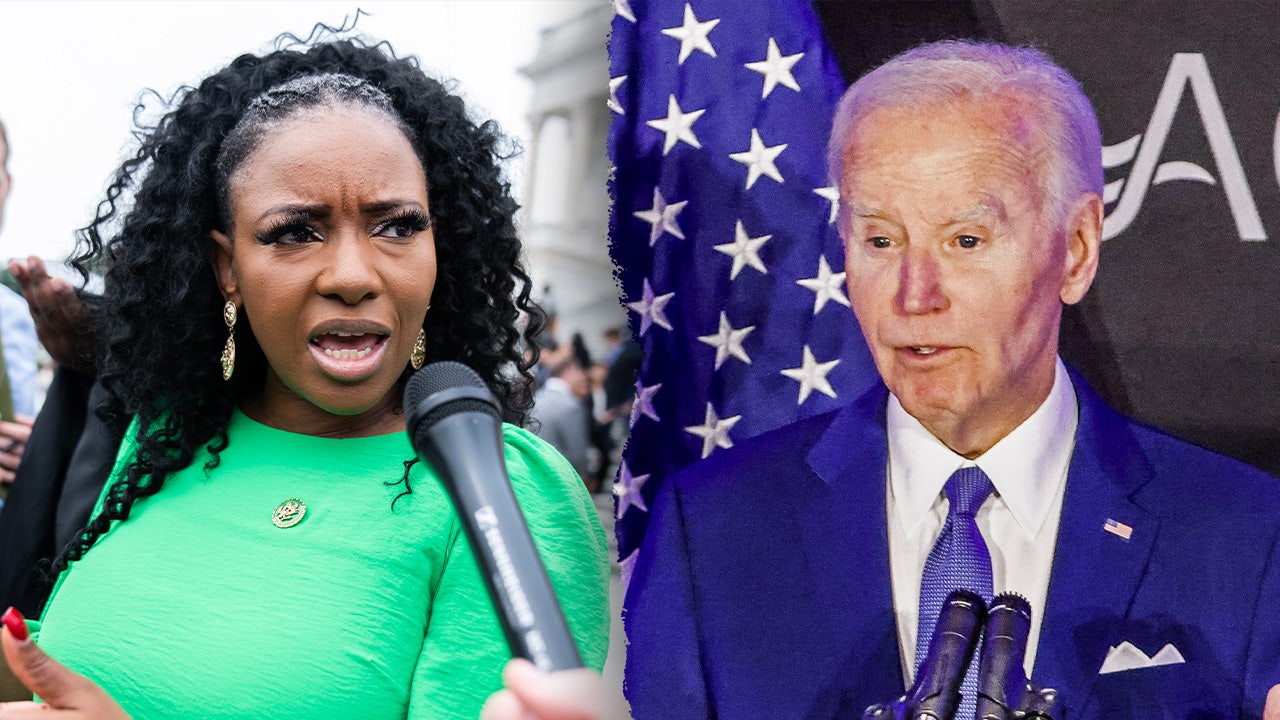Trump budget bill talks have some Republicans worried about Medicaid

Medicaid is quickly becoming a focal point in the ongoing negotiations among House Republicans as they work to advance President Donald Trump’s agenda through a massive bill. The discussions have sparked concerns among some GOP lawmakers about the potential impact of the proposed spending cuts on Medicaid and other federal safety net programs.
One of the primary concerns raised by Republican lawmakers is the level of spending cuts being sought by fiscal hawks to offset the cost of Trump’s policies. Rep. Don Bacon of Nebraska expressed his worries about the $880 billion in cuts to Medicaid, stating that it could have a detrimental impact on the program and go against President Trump’s wishes.
The House Republicans are aiming to pass a wide range of Trump’s policies, including investments in defense and border security, extending the 2017 tax cuts, and eliminating taxes on tips, through the budget reconciliation process. This process allows the majority party in Congress to pass a tax and budget bill without the support of the opposing party.
Conservative spending hawks are pushing for significant cuts in federal spending to fund Trump’s priorities. The current resolution moving through the House seeks to cut government spending by at least $1.5 trillion while allocating $4.5 trillion toward Trump’s tax cuts. An amendment added to the resolution would further cut funding for Trump’s tax cuts by $500 billion if $2 trillion in total spending cuts are not achieved.
Some Republicans, like Rep. Nicole Malliotakis of New York, are concerned that the proposed cuts, particularly the $880 billion in Medicaid, could negatively impact their constituents. Malliotakis emphasized the need for clarity on where the savings would come from and expressed concerns about the potential effects on hospitals and organizations serving the developmentally disabled.
Other Republicans on the Ways & Means Committee, responsible for tax policy, are also uneasy about the new amendment that could cut funds allocated to their panel. They fear that the proposed cuts may not be feasible without affecting beneficiaries.
The budget reconciliation process allows legislation to advance with only GOP votes, but Republicans can only afford to lose one vote in the House to pass the bill on party lines. Some lawmakers have expressed reservations about the proposed cuts, with Rep. Ralph Norman advocating for Medicaid work requirements as a way to achieve savings.
Democrats are poised to capitalize on the discord among Republicans, accusing them of seeking deep cuts to Medicaid to fund tax cuts for the wealthy. The House Majority PAC released a memo criticizing Republicans for putting Medicaid at risk and potentially depriving thousands of Americans of life-saving healthcare.
As negotiations continue, the fate of Medicaid and other federal safety net programs remains uncertain. The outcome of these discussions will have far-reaching implications for millions of Americans who rely on these programs for essential services.




